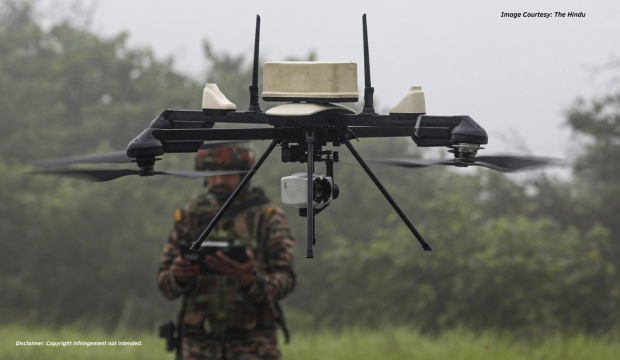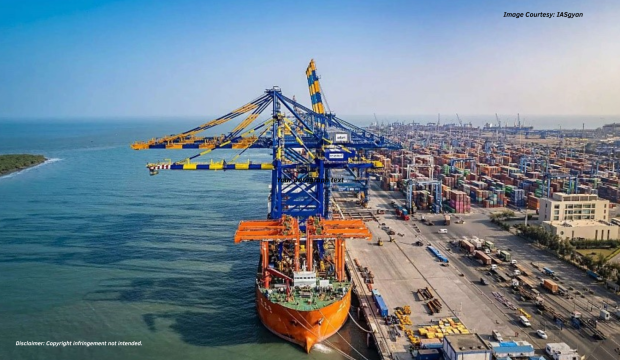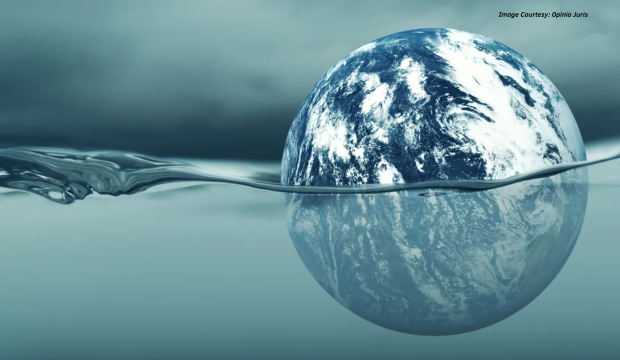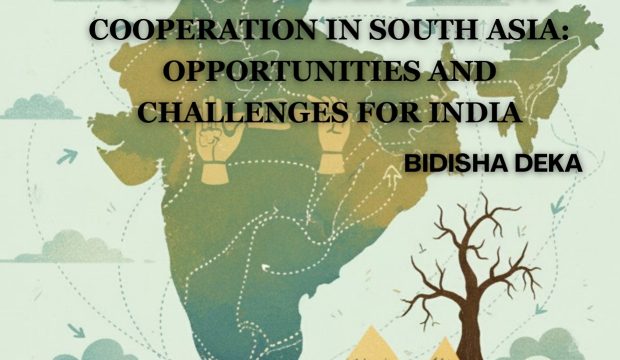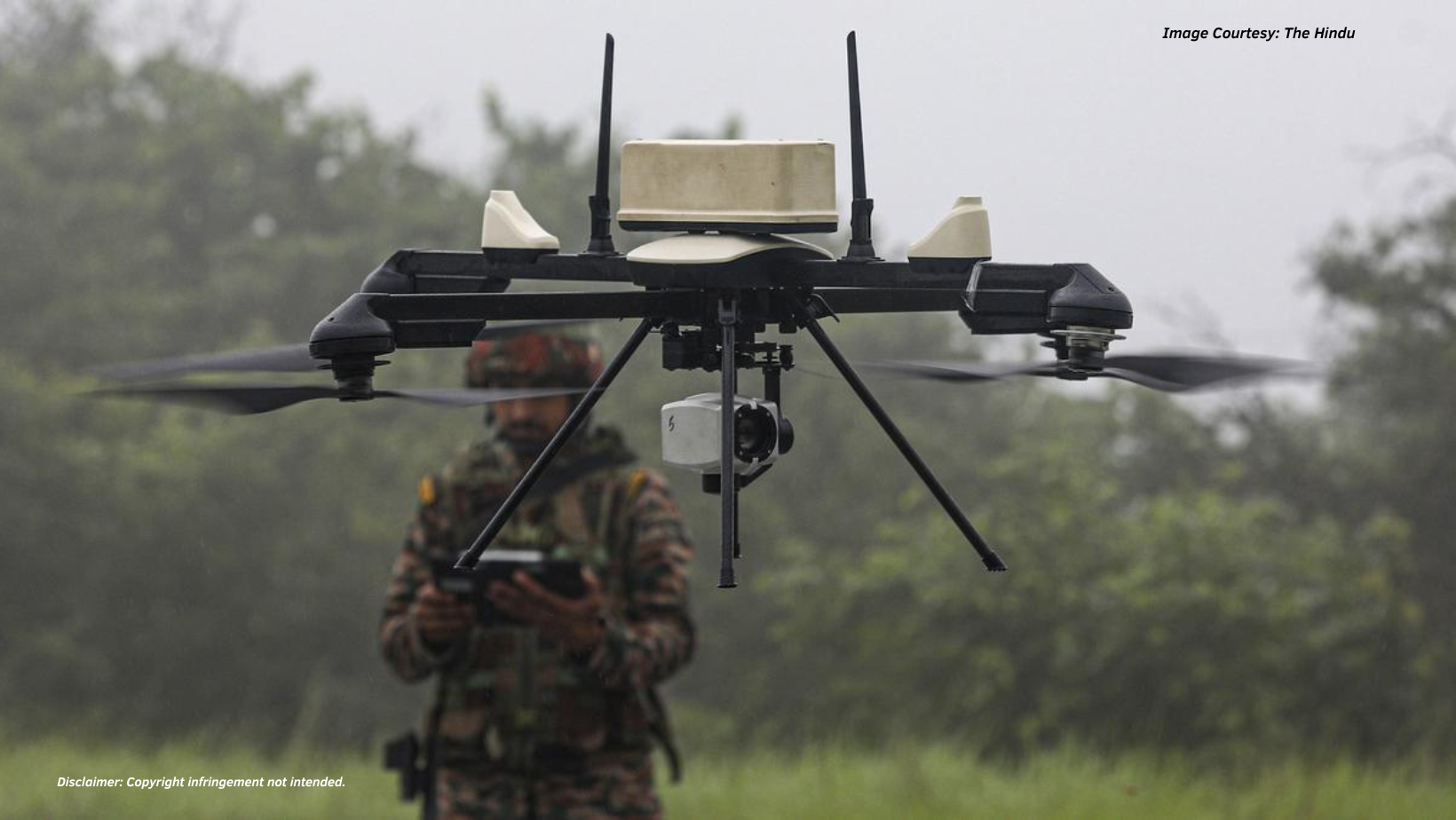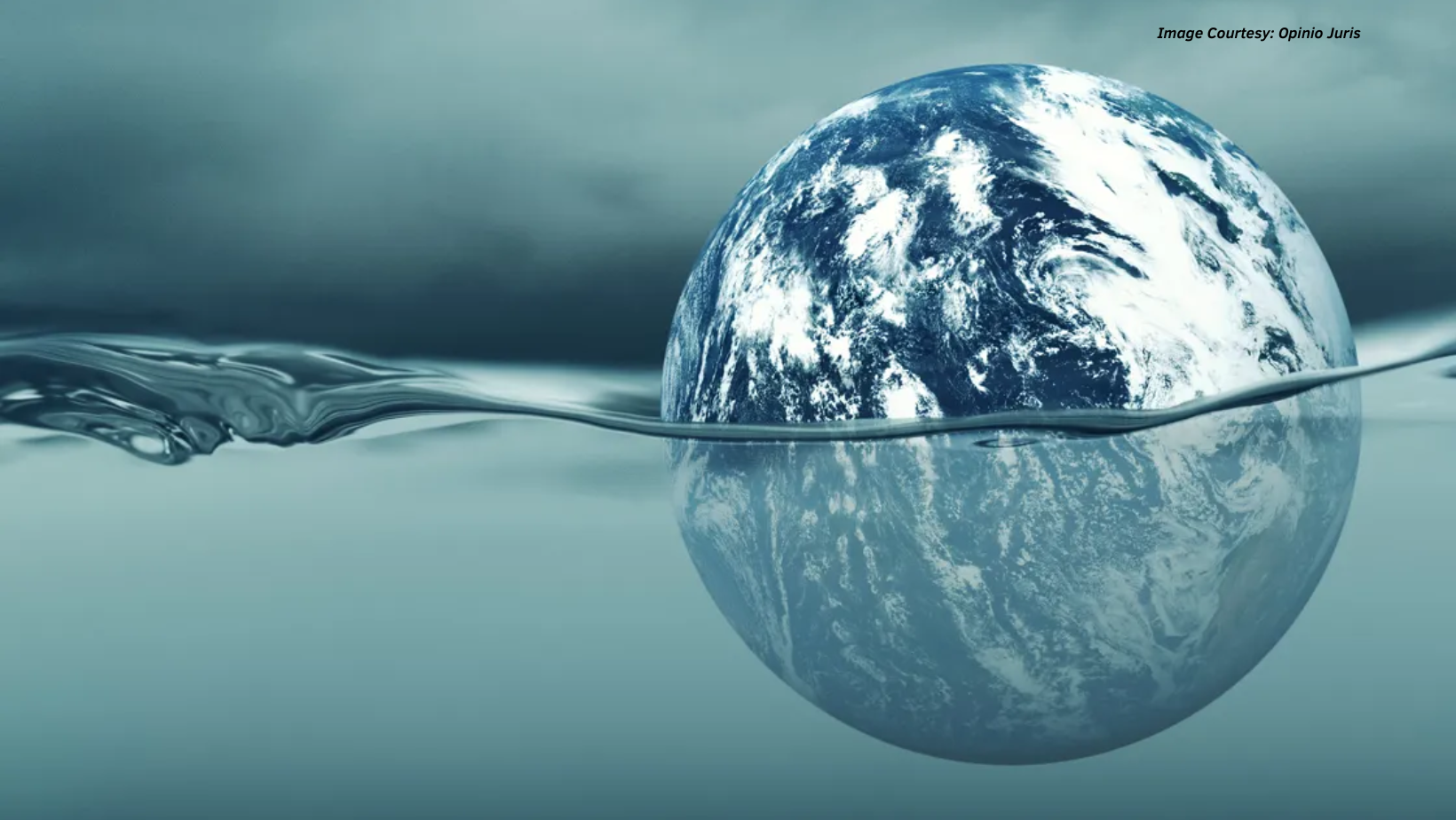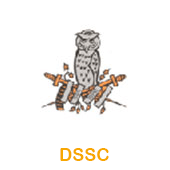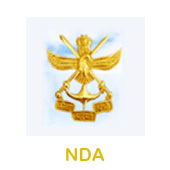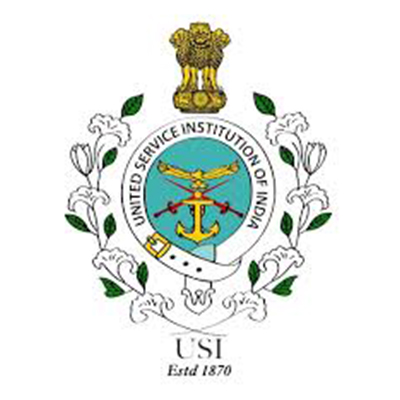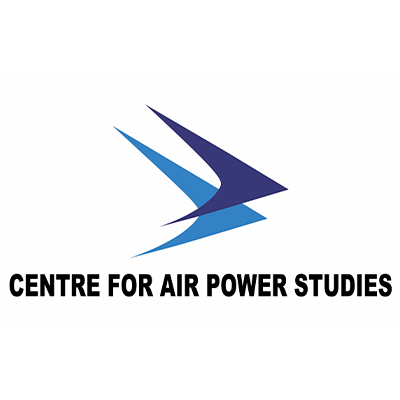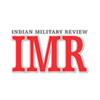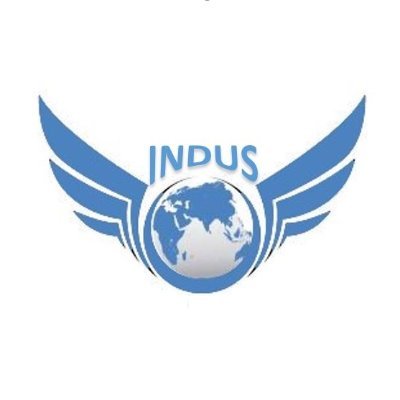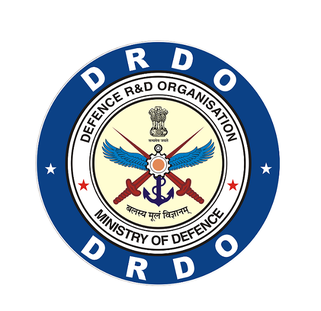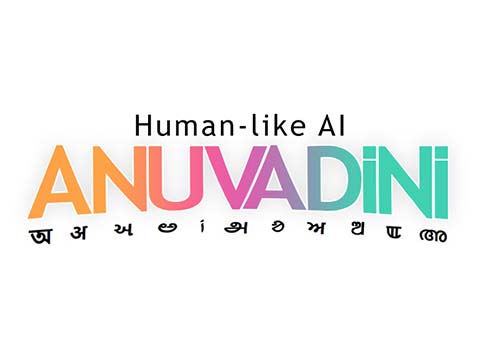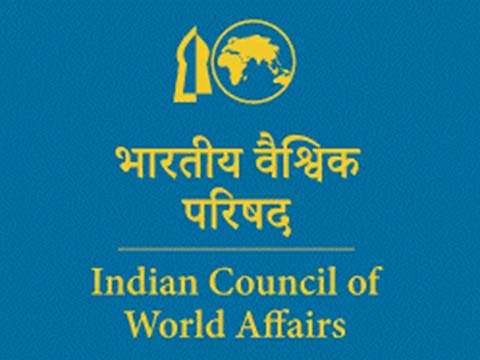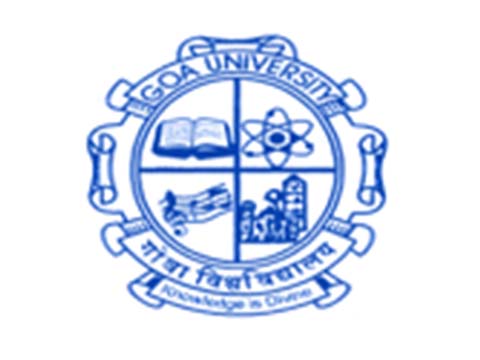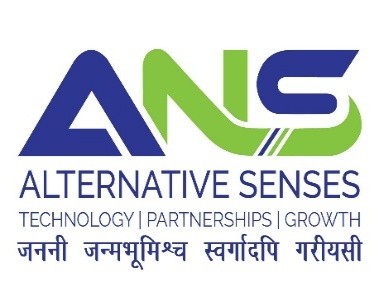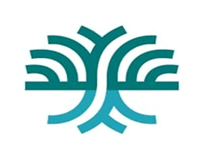Introduction
India and China have been looking towards African countries since the last two decades now. Nigeria being Africa’s biggest economy has become the focal point of this cross connection between the two. To understand the multilateral relationship, we look at the past of all the three countries and how the current equation came to be. India has had long standing relations with many African countries because they share the struggle of decolonisation, fight against racism and the apartheid laws. With The Non-Aligned Movement (NAM),1 India took the main role in the founding of the organisation and bringing in various newly decolonised countries into the global stage.
Nigeria’s Independence in 1960 spurred the effort to establish diplomatic connections with other nations, but with India, the connection predates independence, as it happened 2 years before in 1958 with the setting up of India’s diplomatic mission in Lagos.2 On the other hand, Sino-Nigeria relations were slow, characterised mainly by China’s refusal to allow foreign collaborations in the 1960s and Nigeria’s post-colonial recovery. Formal relations were established in 1971, a decade after Nigerian independence.3 Today, all three nations have developed their foreign policies tailored to suit their own national needs, and hence it becomes imperative to understand the intricacies of these relations and how they play into the current geopolitics of the two Asian giants in specific.
Indo-Nigerian Relations
Prime Minister Modi accords a ‘high priority’ to India’s strategic relationship with Nigeria, as stated by him during his 2024 visit to the African nation.4 By designating a “high priority,” Prime Minister Modi indicated that India considers its relationship with Nigeria essential to its strategic interests in Africa. This encompasses enhancing collaboration in energy, trade, defence, and global diplomacy.
This statement is not a new development, as connections between India and Nigeria have remained warm since the conception of both countries, this can also be further proven by Nigeria’s support of India during the India-China War of 1962 under the leadership of Sir Abubakar Tafawa Balewa.5 These relations are not concentrated in a single sphere, they span all the areas such as political, diplomatic, economic and more, often these spheres overlap because of deep rooted cultural and diasporic ties as well. Currently, Nigeria houses the largest community of people of Indian origin in West Africa, these people not only contribute in huge numbers to the Nigerian economy but cultivate a sense of belonging and friendship between the local population, furthering P2P contact.6
India has opened up more than 250 opportunities for Nigerian students to study on a fully-funded basis, covering all expenses, under its Indian Technical and Economic Cooperation (ITEC) Programme7and various other ventures which have been introduced by the Indian government to increase the speech of technological advancement and provide technical training to Nigerians in specialised fields. With the establishment of the Pan African-e Network,8 Indian universities have seen an increase in the enrolment of African students who are in the engineering and the IT courses that the universities have to offer, with a large number of Nigerian students studying at various private universities across multiple metropolitan cities in India. Tele-Medicine centres have been established in hospitals in Nigeria under this project, which aims to provide advanced medicine assistance to African people without the need to travel to different places.9 India offers a great deal of development cooperation partnership programs, in various sectors such as healthcare, education, infrastructure etc to Nigeria, with an aim to fully be able to connect the two nations in every single arena.
India and Nigeria have also had long standing military relations, with the establishment of the Nigerian Defence Academy and the Command and Staff College with India’s support.10 The South Asian country has further provided them with training teams, personnel such as defence instructors for years along with giving space for Nigerian military officers to train at various defence academies in India.11Significantly, Nigeria has been one of the foremost contributors of UN peacekeeping troops, having deployed 150,000 personnel since 1960.12The African nation has been a major and predominant force in the peacekeeping activities in Liberia, where the first ever all-women Formed Police Unit (FPU) contingent was deployed by India.13 The two countries have also collaborated on various areas such as counter terrorism and counterinsurgency (CT/CI), with an increase in illegal maritime activities in the Gulf of Guinea, India became a member of the G7 Group of Friends of the Gulf of Guinea (G7++FoGG) in the year 2020,14both the nations have also agreed to deepen their commitment to maritime security. This shows their strong adherence to furthering the 2007 Memorandum of Understanding (MOU) signed between the two for defence cooperation, in the same year, Indo-Nigeria relations were elevated to the level of ‘strategic partnership’ with the signing of the Abuja Declaration of Strategic Partnership.15
Strategic Stakes in Nigeria
India and China have emerged on the global stage as two countries vastly different in ideological functioning and diplomatic outreach trying to expand their influence in various regions, specifically Africa. In the last few decades, both countries have undertaken widely contrasting Plans of Actions (POA) towards their engagements with various African countries. It is widely regarded that in the present day, China’s support comes in the form of monetary investments, particularly through its Belt and Road Initiative (OBOR) whereas with India, it comes with both infrastructure investments and diplomatic support. Nigeria being Africa’s largest economy has attracted the attention of many players, regional and international, prompting Africa’s growing importance in the global economy and its abundant resources have led to what Margaret C. Lee describes in her work as ‘The 21st Century Scramble for Africa.’16 This paper further describes Chinese investments in the oil industry in Nigeria, with the current petroleum gas exports standing at $995 Million to China, this also largely brings out the trade deficit between the two countries, as Chinese imports into the African country amount up to $18.9 Billion, which is in stark contrast to the $2.98 Billion worth of goods China imported from Nigeria.17
China is making significant investments in Nigeria’s petroleum industry, despite having access to extensive oil supplies from other sources, particularly Russia. This is seen as its wider strategy to slowly expand their influence in the African economy by involving their companies on some level in every sector of the economy.18 The Forum on China-Africa Cooperation (FOCAC), established in 2000 has been a pivotal aspect of the continued relationship between China and various African nations including Nigeria.19One of the main reasons for the constant bilateral communications between the two countries can be credited to the continuous FOCAC meetings being held on schedule, this provides an arena for China to be in constant engagement with Nigeria and propose new projects and investment opportunities.
China, at the 2024 FOCAC summit in Beijing, promised close to $51 billion in loans, investments, and aid for African nations, to be rolled out over the coming three years.20One of the biggest initiatives by China has been the imposition of its ‘Zero-tariff’ Policy. Under this, it had initially allocated zero tariffs on 33 Least Developed Countries (LDCs) in Africa.21 At the summit in Beijing, China extended this policy to include Nigeria and other African nations which do not fall under the LDC category, virtually intaking almost all the nations on the continent in this. This does not come as a shock to many experts, as China has long sought to present itself as a trusted alternative to western powers, who often present trade agreements to the global south countries with terms in their favour.22
The Nigeria-China Strategic Partnership (NCSP) was borne out of the summit, which emphasises a synergy between the OBOR and Nigeria’s ‘Renewed Hope’ Agenda.23The current Nigerian government under the leadership of Bola Tinubu has introduced large scale changes in order to boost Nigeria’s economic development, critical sectors of trade while aiming to reduce inflation and increasing living standards, in doing so, the government has sought to exhibit the country as a hotspot for investment opportunities globally.24Taking cognisance of this agenda, a Chinese company has invested over $200 Million in a lithium processing factory in the Nasarawa State of Nigeria.25
On the other hand, Indian investments, both private companies and governmental, stand at $14 Billion,26while it is far off from the $18 Billion China has invested,27India is also focusing on the different sectors within the country, with enterprises focusing on the steel and energy industries of the Western African Nation. This is also seen as India’s attempt to expand Nigeria’s dependence on their oil industry, which China is investing heavily in. The Nigeria-India Presidential Roundtable and Business Conference, held on the sidelines of the 2023 G20 summit in New Delhi, also formalised a major defence deal worth $1 Billion to achieve 40% domestic self-reliance of the Defence Industry Cooperation of Nigeria (DICON) which is responsible for manufacturing defence supplies for the nation.28 India has also extended five Line of Credits (LOCs) to Africa, with over $100 Million being given to Nigeria itself for the establishment of three major power projects, with $31.5 Million being invested in the Kaduna state of Nigeria for different types of energy generation projects.29
The India-Africa Forum Summit (IAFS), which has been stagnant since the last decade needs to be revitalised for the renewed multilateral engagement of India and African nations, this will further strengthen the bilateral relations between India and Nigeria as Indian efforts in engaging with the continent will be seen as a good step towards connecting with the global south nations.
The India-Africa Business Conclave has been a major initiative that has been instrumental in the B2B engagements of the two.30 It has been held regularly since its inception and will be holding the 2025 addition in New Delhi with special focus on a key aspect of the conclave, which will be the framework Indian companies will be following, oriented towards the continent with an AAA approach: Affordability, Adaptability and Appropriate.31
Conclusion
India and China, as two of the most powerful Asian players, have employed a synergy of diplomacy, investment and cooperation when it comes to engaging with Nigeria in specific. China’s engagements with other countries in the African continent also widely depend on if they support the ‘One China’ Policy, with Eswatini as an example of how not supporting this policy will get a country excluded from not just consideration for infrastructure and development projects, but also from global forums like FOCAC.32 China also employs its infamous ‘debt diplomacy’ when it comes to the African continent. As of 2024, The Asian giant accounts for about 12% of Nigeria’s external debt and over 85% of Nigeria’s bilateral debt, which stands at roughly about $5 Billion.33The Nigeria government, under their renewed hope agenda plans to exhibit Nigeria as a new hotspot in Africa for investment opportunities, these funds will then be directed to major projects for the development of the nation across its various industries and further assure the investors of good returns. In contrast to China, India accounts for only 0.05% of the African nation’s external debt, at about $22 Million.34
This further shows how China is putting in huge amounts of money to try to keep Nigeria under its sphere of influence. India, while providing large-scale diplomatic and economic support to Nigeria and the other African nations, needs to also focus on reviving forums like the IAFS for the continued bilateral as well as multilateral connections of the South Asian power and the African continent.
DISCLAIMER
The paper is author’s individual scholastic articulation and does not necessarily reflect the views of CENJOWS. The author certifies that the article is original in content, unpublished and it has not been submitted for publication/ web upload elsewhere and that the facts and figures quoted are duly referenced, as needed and are believed to be correct.
References
1. “History.” 2023. NON-ALIGNED MOVEMENT (NAM). July 7, 2023. https://nam.go.ug/history.
2. Unknown. 2023a. “INDIA – NIGERIA BILATERAL RELATIONS.” https://www.mea.gov.in/Portal/ForeignRelation/Nigeria-08-04-2025.pdf.
3. “Nigeria Ministry of Foreign Affairs of the People’s Republic of China.” n.d. https://www.fmprc.gov.cn/mfa_eng/gjhdq_665435/2913_665441/3059_664144/
4. Press Trust of India and Business Standard. 2024. “India Accords High Priority to Strategic Partnership With Nigeria: PM Modi.” Www.Business-Standard.Com, November 17, 2024. https://www.business-standard.com/external-affairs-defence-security/news/india-accords-high-priority-to-strategic-partnership-with-nigeria-pm-modi-124111700588_1.html.
5. Kura, Sulaiman Balarabe. “NIGERIA-INDIA ECONOMIC, POLITICAL AND SOCIO-CULTURAL RELATIONS: CRITICAL REFLECTIONS FOR CONTINUOUS MUTUAL CO-OPERATION.” International Journal of Asia-Pacific Studies 5, no. 1 (2009).
6. Ibid
7. Richards, Sola. 2025. “India Offers 250 Fully-funded Scholarships for Nigerians in 2025–2026 ITEC Programme.” The Guardian Nigeria News – Nigeria and World News. April 23, 2025. https://guardian.ng/news/india-offers-250-fully-funded-scholarships-for-nigerians-in-2025-2026-itec-programme/.
8. Pan African e-Network Project (PAENP) and M/s. TCIL. 2013. “Pan African e-Network Project (PAENP).” https://www.mea.gov.in/images/pan-african-e-docx-for-xp.pdf.
9. Ibid
10. Olaniran, Raheem Saidu. “Strategic Implications of Bilateral Relations Between Nigeria and India.” Development 9, no. 3 (2019).
11. Ibid
12. Akinola, Adeoye. 2024. “The Declining Role of Nigeria As Africa’s Peacekeeper in the UN Security Council.” African Security 17 (1–2): 59–86. doi:10.1080/19392206.2024.2359761.
13. “The Story of UNMIL [Book]: Women’s Police Contingent: Role Models For.” n.d. United Nations Peacekeeping. https://peacekeeping.un.org/en/story-of-unmil-book-womens-police-contingent-role-models-decade.
14. 2025. Pminewyork.gov.in. 2025. https://pminewyork.gov.in/IndiaatUNSC?id=NDEyNA
15. Olaniran, Raheem Saidu. “Strategic Implications of Bilateral Relations Between Nigeria and India.” Development 9, no. 3 (2019).
16. Lee, Margaret C. 2006. “The 21st Century Scramble for Africa.” Journal of Contemporary African Studies 24 (3): 303–30. doi:10.1080/02589000600976570.
17. Nyabiage, Jevans, and Jevans Nyabiage. 2025. “Nigeria Courts Chinese Investment as Interest Booms in Oil, Gas and Bigger Opportunities.” South China Morning Post, March 24, 2025. https://www.scmp.com/news/china/diplomacy/article/3303609/nigeria-courts-chinese-investment-interest-booms-oil-gas-and-bigger-opportunities.
18. Calabrese, John. 2025. “Redefining the China-Nigeria Partnership: From Trade to Development.” ThinkChina – Big Reads, Opinions & Columns on China, April 21, 2025. https://www.thinkchina.sg/politics/redefining-china-nigeria-partnership-trade-development.
19. “FOCAC: In Perspective.” n.d. UNDP. https://www.undp.org/china/publications/focac-perspective.
20. Calabrese, Linda Calabrese, and Yunnan Chen. 2024. “FOCAC 2024: A Revival of China-Africa Relations.” ODI Global. ODI Global. https://odi.org/en/insights/focac-2024-a-revival-of-china-africa-relations/.
21. Calabrese, Linda. 2025. “China Courts Africa With Tariff-free Access: A New Era of Trade, or Just the First Step?” ODI Global. ODI Global. https://shorturl.at/63lcf
22. Ibid
23. “FG Reconvenes Inter-Ministerial Meeting to Accelerate Implementation of Nigeria-China Focac Agreements.” n.d. Nigeria-China Strategic Partnership. Accessed July 4, 2025. https://ncsp.gov.ng/2025/06/02/fg-reconvenes-inter-ministerial-meeting-to-accelerate-implementation-of-nigeria-china-focac-agreements/.
24. “Our Renewed Hope Agenda Repositioning Nigeria as Global Investment Hub – VP Shettima – the Statehouse, Abuja.” n.d. https://statehouse.gov.ng/news/our-renewed-hope-agenda-repositioning-nigeria-as-global-investment-hub-vp-shettima/.
25. Atungwu, Matthew. 2025. “Nasarawa Gov, Sule Reveals Why China Is Interested in Nigeria’s Lithium.” Daily Post Nigeria, May 26, 2025. https://dailypost.ng/2025/05/26/nasarawa-gov-sule-reveals-why-china-is-interested-in-nigerias-lithium/.
26. Mukhopadhyay, Sounak. 2023. “India’s $14-billion Investment Commitments to Nigeria: ‘Ready to Give You the Best Returns,’ Says President Bola Tinubu.” Mint, September 7, 2023. https://shorturl.at/SOn1P
27. Nyabiage, Jevans, and Jevans Nyabiage. 2025. “Nigeria Courts Chinese Investment as Interest Booms in Oil, Gas and Bigger Opportunities.” South China Morning Post, March 24, 2025. https://www.scmp.com/news/china/diplomacy/article/3303609/nigeria-courts-chinese-investment-interest-booms-oil-gas-and-bigger-opportunities.
28. “The President of Nigeria Attended the Nigeria-India Presidential Roundtable and Business Conference in New Delhi.” 2023. Diplomatist. September 7, 2023. https://diplomatist.com/2023/09/07/the-president-of-nigeria-attended-the-nigeria-india-presidential-roundtable-and-business-conference-in-new-delhi/.
29. “Bilateral Brief.” n.d. https://hciabuja.gov.in/pages/MTU,.
30. “Strengthening India-Africa Ties Through the 19th CII India Africa Business Conclave.” 2025. Diplomatist. January 20, 2025. https://diplomatist.com/2025/01/20/strengthening-india-africa-ties-through-the-19th-cii-india-africa-business-conclave/.
31. 2025c. Ciiindiaafricaconclave.com. 2025. https://ciiindiaafricaconclave.com/Aboutconclave.aspx.
32. Australian Institute of International Affairs. 2024. “Taiwan’s Diplomatic Setback: How Much Longer Will Eswatini Maintain Diplomatic Ties With Taiwan? – Australian Institute of International Affairs.” June 17, 2024.https://www.internationalaffairs.org.au/australianoutlook/taiwans-diplomatic-setback-how-much-longer-will-eswatini-maintain-diplomatic-ties-with-taiwan/.
33. DMO. 2024. “Nigeria’s External Debt Stock as at March 31, 2024.”
34. Ibid

Ms Tarasha Gupta
is a Research Intern at CENJOWS



